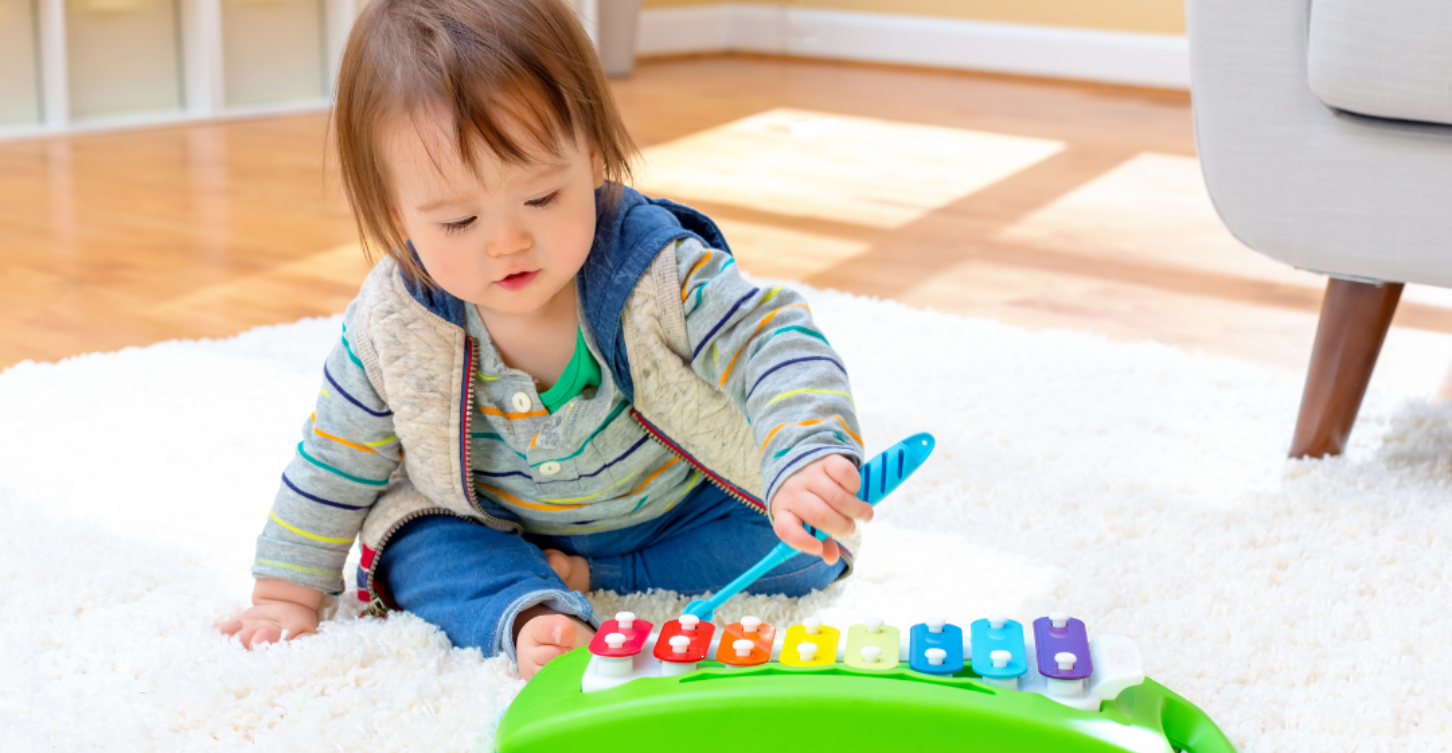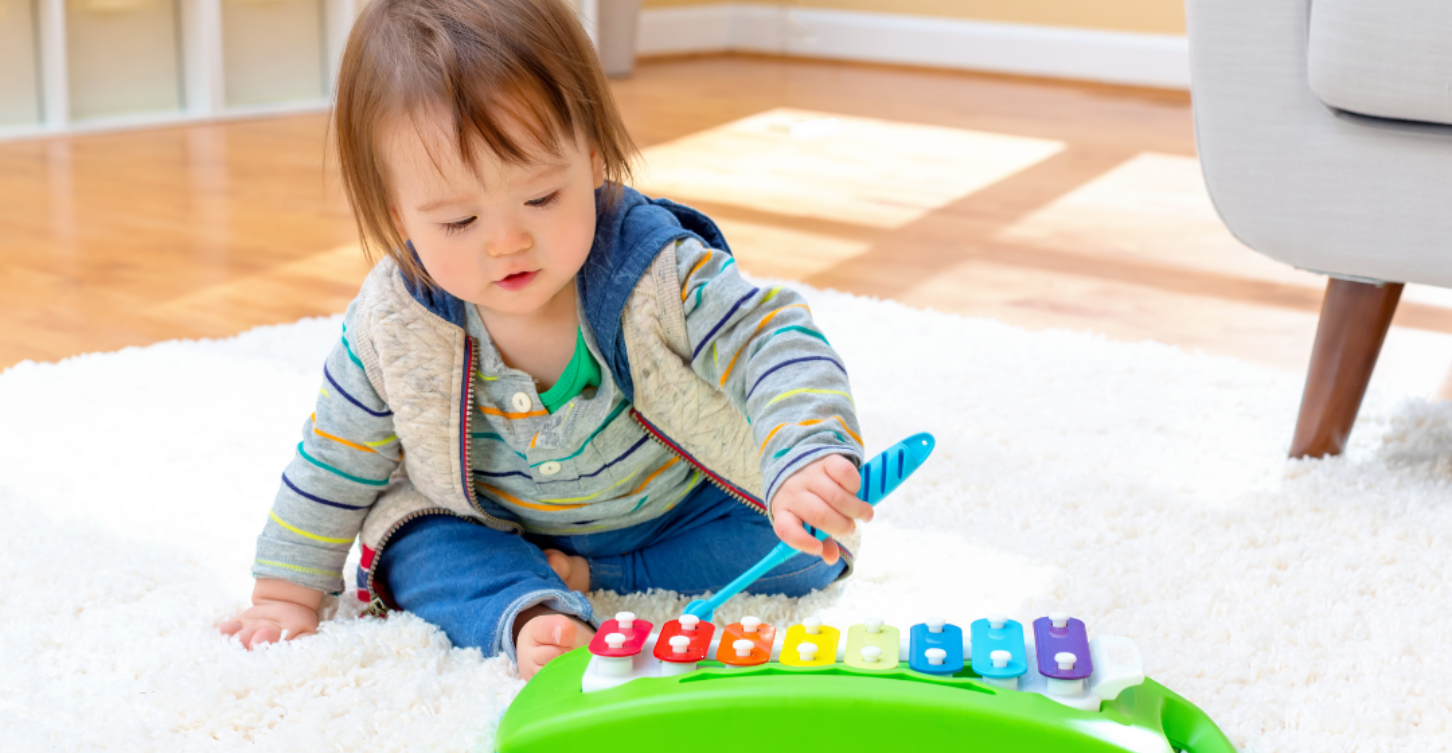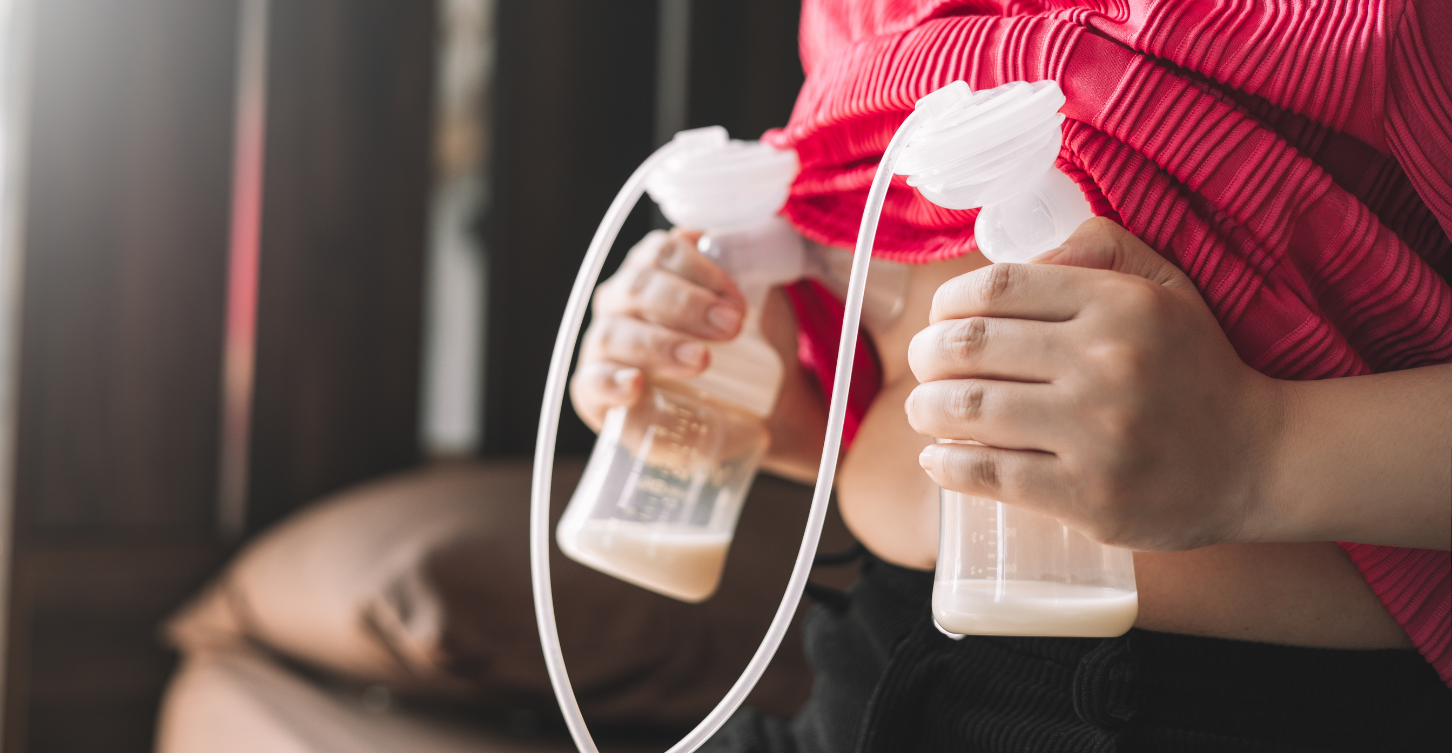9 Ways to Encourage Your Child's Development with Music
March 30, 2023
By: Valerie Williams, Board Certified Music Therapist
Categories: Maternity, Pediatrics, Healthy Living
Music is a useful tool for promoting your little one’s physical, emotional, social and speech development.
Music engages all areas of the brain. The patterns in music create a calming stimulus and can help the brain process sensory input and respond appropriately. It is a multisensory experience that includes sight, sound and touch.
As a board-certified music therapist at Tallahassee Memorial HealthCare (TMH), I help pediatric patients meet their developmental and rehabilitative milestones by working alongside physical, occupational and speech therapists at TMH’s Pediatric Outpatient Rehab clinic.
I’ve seen firsthand how music can help children thrive. But you don’t have to be a music therapist or have one to help your child learn.
Here are nine ways you can use music at home to help your child meet milestones in their physical, emotional, social and speech development.
Physical Development
Music can support motor skill development. Everyone knows music can help with physical challenges – during a workout, it can give you an extra push to power through a difficult task, or it can help calm your mind during a stressful time. The same is true for helping your child meet their physical milestones.
Milestone: Walking
Identify a song your child likes that has a steady beat. Use this song to encourage your child to walk to the beat of the song.
Milestone: Upper or lower body bending, extending and reaching
To help your child practice bending and extending their upper and lower limbs, place an instrument at different heights or angles and have them reach out their hand or leg to play it.
Milestone: Crossing the midline of their body
What is crossing the midline? Imagine drawing a line down the middle of your body, starting at your head. This is your midline. Every time you cross that line with either side of your body, you are crossing the midline. Your child learns to move their arms and legs across their midline from infancy.
Crossing the midline plays an important role in allowing your child to complete tasks with both hands, such as tying their shoes, zipping their coat and cutting with scissors.
Hold two drums, one in each hand. Give your child a mallet or drumstick in each hand. Have them use the mallet in their left hand to hit the drum to their right and the mallet in their right hand to hit the drum to their left. This will help them practice reaching across the midline of their body.
Occupational Development
Music can be used to help your child with cognitive skills such as attention, memory, following directions and reaching academic milestones.
It can also be used to focus on social-emotional skills like identifying emotions or interacting with others in a social setting.
Additionally, music can help your child with adaptive behaviors like completing activities of daily living (ADLs) and the fine motor skills needed to do them.
Milestone: Complete daily tasks independently, like getting dressed, showering and washing their hands
Rewrite a song they like with new lyrics or use an instructional song that provide instructions for how they can complete the task. This will help them remember everything they need to do.
Some instructional songs include:
Milestone: Increase finger strength and develop pincer grasp
Pincer grasp, or grip, refers to your child’s ability to hold something with the thumb and index finger. Encourage your child to play with instruments that require them to pinch and grasp – like castanets, also known as clackers.
You can also use a Velcro board with shapes that go along with a song. Have your child take the shapes off the board and put them back on while the song plays to encourage them to grab the items and develop their fine motor skills.
Milestone: Increase awareness of emotions and coping skills
Sing a song about different emotions and introduce your child to the appropriate coping skills that go along with them. Use lyrics that give instructions to help practice these coping skills.
Or you might create a song that helps your child identify and label different feelings, or one that encourages them to pause when they’re feeling frustrated.
Some songs about emotions include:
Speech Development
Music therapy can address communication goals too. These goals may include verbal and non-verbal communication, receptive language (how you child understands language) and expressive language (how your child uses words to express themself).
Milestone: Develop social skills, like taking turns
Take turns playing an instrument with your child. Model good behavior by saying and having them repeat “My turn please” and “Your turn.”
Milestone: Increase vocabulary through word repetition and object identification
Sing songs that are familiar to your child but leave out a word for them to identify and fill in the blank.
You can also sing a song that gives your child something specific to identify, like an animal, color or body part, and prompt them to identify the object that’s named in the song.
Song suggestions:
- Animals:
- Colors:
- Body Parts
- Head, Shoulders, Knees, and Toes
- Hokey Pokey
Milestone: Increase food intake and explore new foods
Play your child’s preferred music or offer opportunities for your child to play instruments after they try new food.
If you’re looking for other opportunities to support your child’s development using music, join our Tallahassee Memorial Music Therapy team for Little Ones Music Play every Friday!
These classes are designed to help children ages 6 months to 3 years old develop language, motor and cognitive skills through interactive music activities. Musical play with mom, dad or any caregivers during the class also encourages bonding.
To learn more about TMH’s Music Therapy Program – the most comprehensive program of its kind in Tallahassee and the surrounding area – visit TMH.ORG/MusicTherapy.
For more pregnancy and parenting health resources like this, subscribe to our Sweet Peas Pregnancy & Parenting Club.




